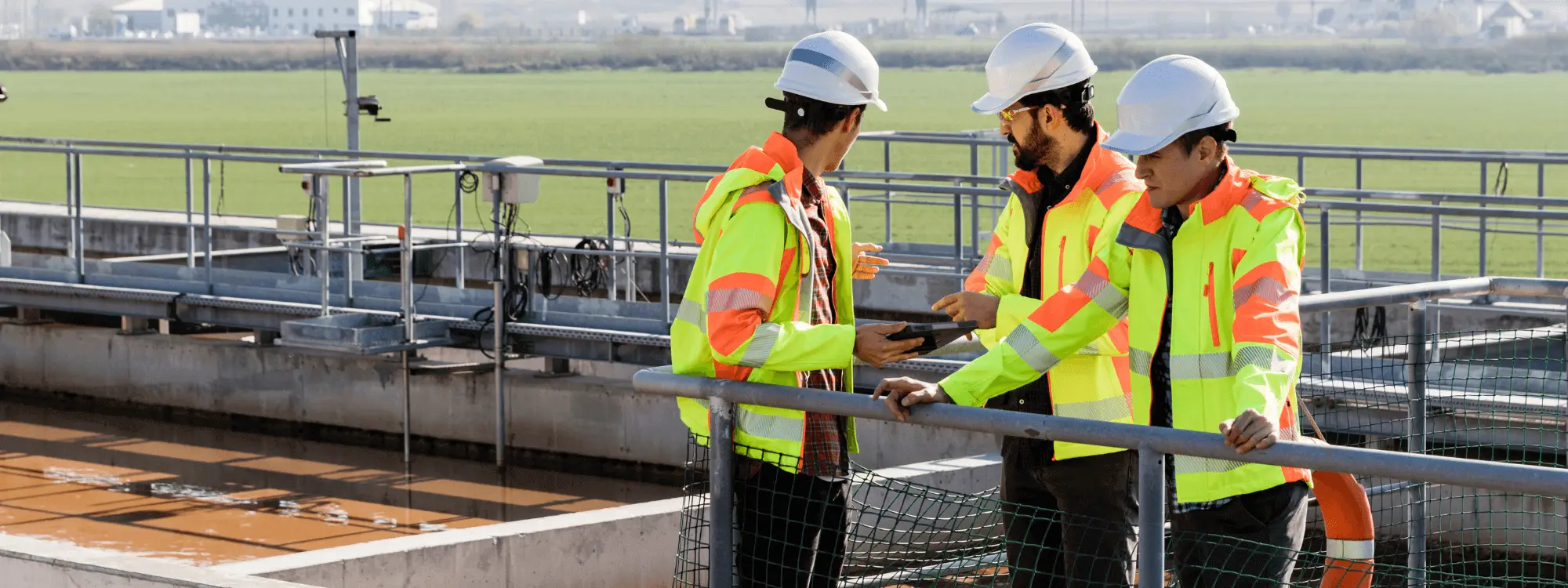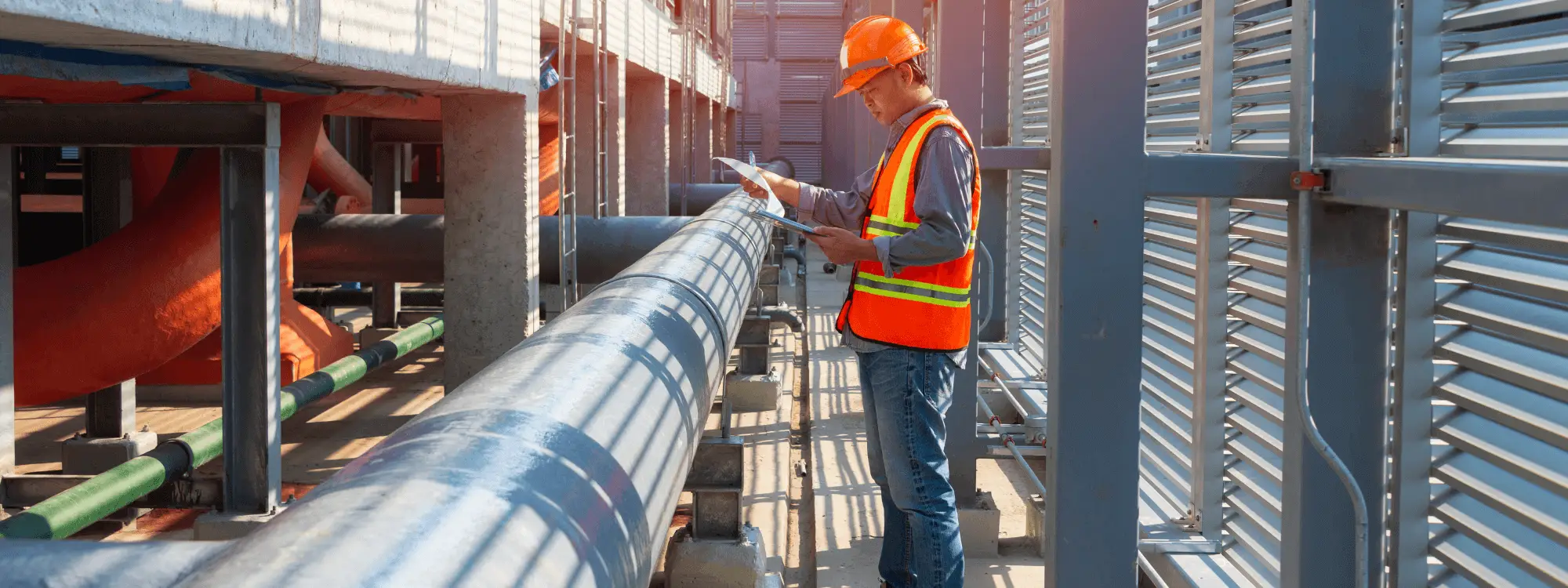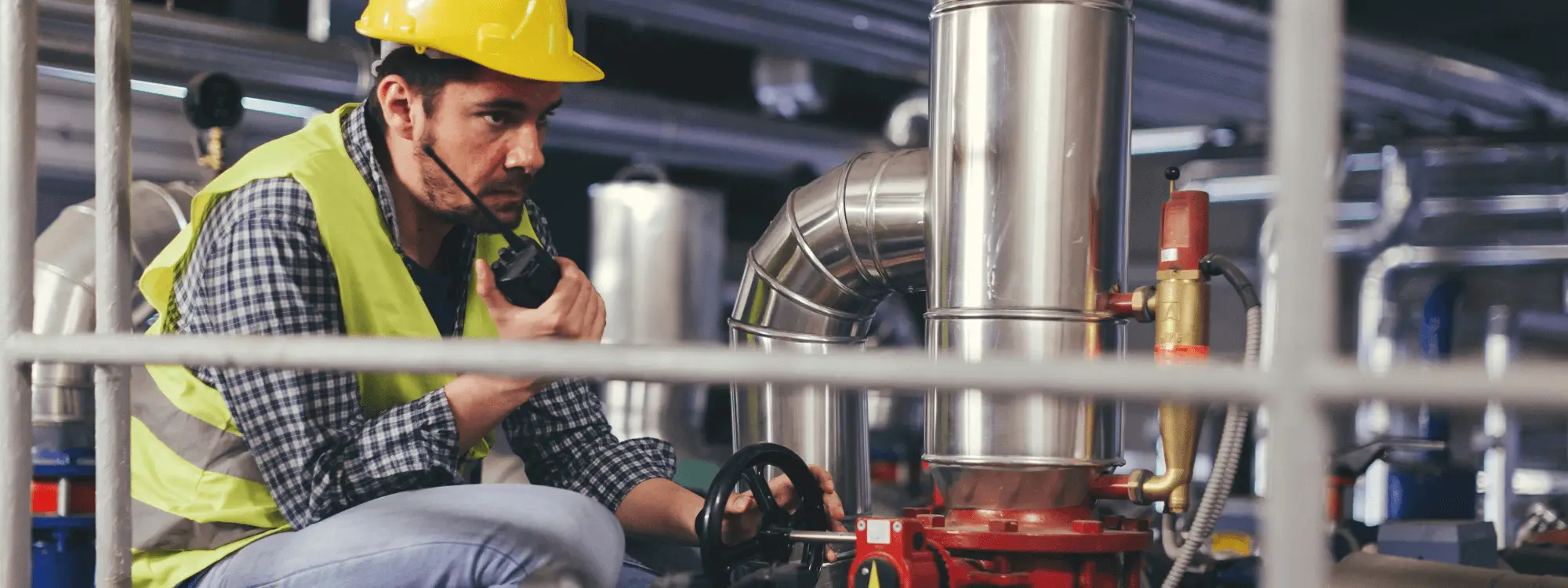
Essential Skills for Excelling in the Water Sector
When it comes to keeping water flowing - clean, reliably, and sustainably - engineers in the water sector are the ones making it happen. From solving complex resource challenges to improving wastewater services, the technical expertise they bring underpins safe drinking water, efficient water infrastructure, and the long-term resilience of communities.
If you’re considering a career in this field, here are the standout skills you need to know, and how they apply across water and wastewater projects.
Hydraulic Modelling and Analysis
Think of hydraulic engineers as the architects of water flow. They don’t just understand fluid mechanics; they use advanced modelling software to simulate water movement, pressure, and distribution across networks. This skill is non-negotiable for designing reliable water infrastructure, from supply grids to wastewater treatment facilities, that can serve growing populations and adapt to climate pressures.
Water Quality Management
Safe, clean water starts here. Engineers in this space ensure drinking water meets strict regulatory standards, mastering treatment processes, disinfection methods, and contaminant removal. Their work safeguards communities and helps water companies deliver services the public can trust.
Environmental Impact Assessment
Every major project in water resource management has an environmental ripple effect. Engineers, particularly those focused on sustainability, evaluate how developments affect ecosystems and biodiversity. Their strategies reduce harm while ensuring projects align with clean water goals and long-term environmental commitments.
Asset Management and Maintenance
Pipelines, pumps, and treatment plants don’t run themselves. Asset management is critical for keeping water services reliable. Engineers skilled in this area use condition monitoring to extend the lifespan of infrastructure, reduce downtime, and keep water and wastewater systems cost-effective.
GIS and Spatial Analysis
Location data matters. Geographical information systems (GIS) help engineers assess flood risks, optimise water resource allocation, and identify the best sites for new projects. These insights are invaluable for both public and private water companies when planning resilient infrastructure.
Stormwater Management
Flood-proofing cities is a frontline challenge. By designing smarter drainage and runoff systems, engineers reduce the risk of urban flooding and erosion. This skill set keeps both water infrastructure and communities safe during extreme weather events.
Regulatory Compliance
From wastewater discharge limits to clean water standards, compliance is non-negotiable. Engineers need to keep pace with evolving regulations that affect both public utilities and private water operators. Staying ahead of these rules avoids costly project delays and ensures safe delivery of services.
Renewable Energy Integration
Sustainability is reshaping the industry. Engineers who can integrate renewable energy solutions into treatment plants or water infrastructure upgrades make networks more efficient and resilient. These innovations are increasingly sought after across both wastewater services and broader water companies.
Collaboration and Communication
Behind every successful project is a diverse team consisting of engineers, regulators, project managers, and stakeholders. The common thread is communication. Effective collaboration keeps projects on schedule and ensures everyone is aligned on goals, whether delivering new water infrastructure or maintaining existing services.
Careers in the Water Sector
The water industry offers more than technical careers; it’s a chance to make a real impact. With opportunities spanning drinking water supply, wastewater treatment, and private water services, employers are seeking problem-solvers with both technical skills and hands-on work experience.
For those ready to rise to the challenge, the demand for skilled water engineers will only grow as scarcity concerns and climate impacts intensify. Browse water sector jobs here and explore how your expertise can shape the future of clean, sustainable water services.
To learn more about Matchtech’s role in transforming recruitment and connecting talent to vital challenges in the water industry, visit our dedicated sector page.



